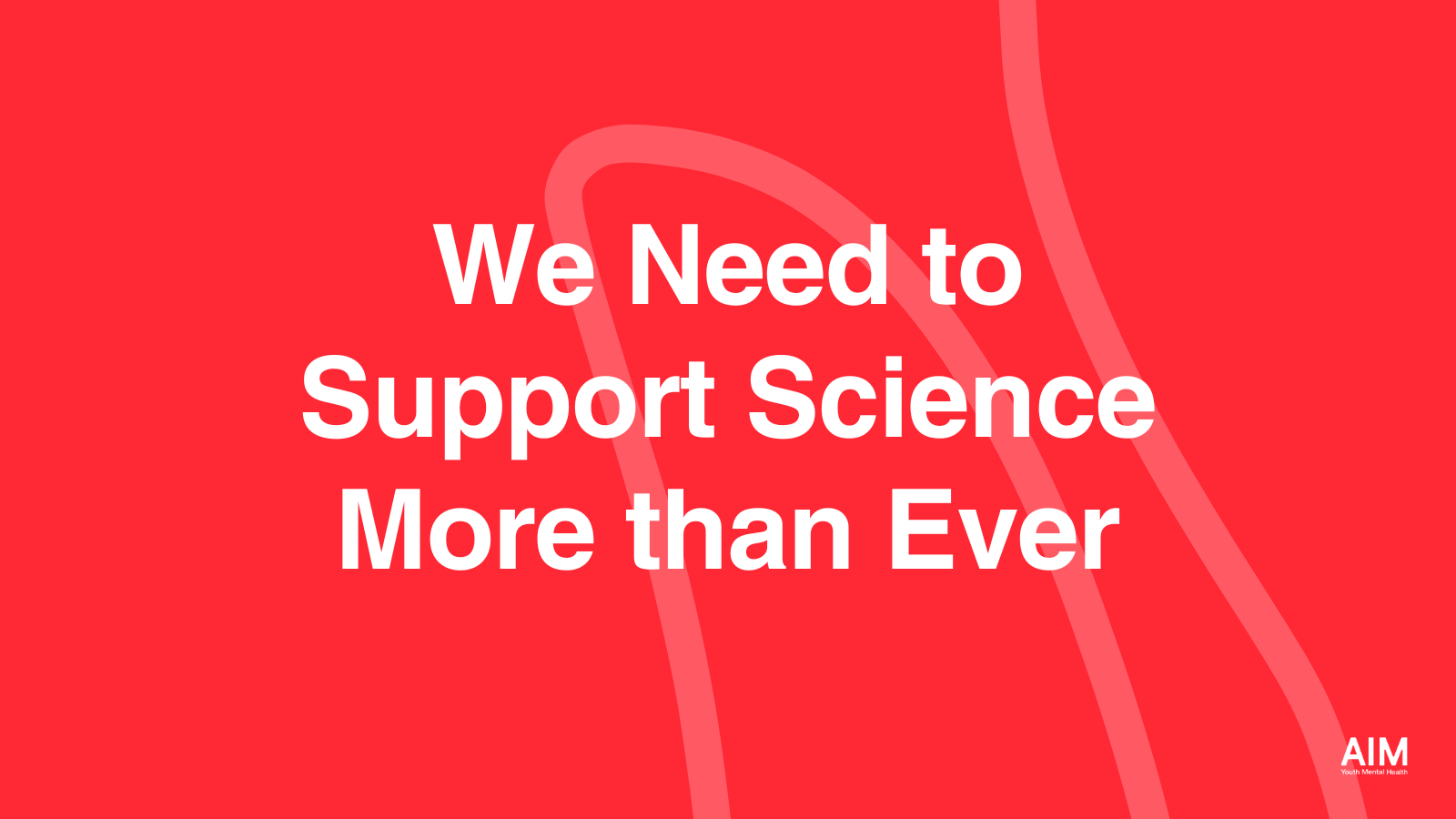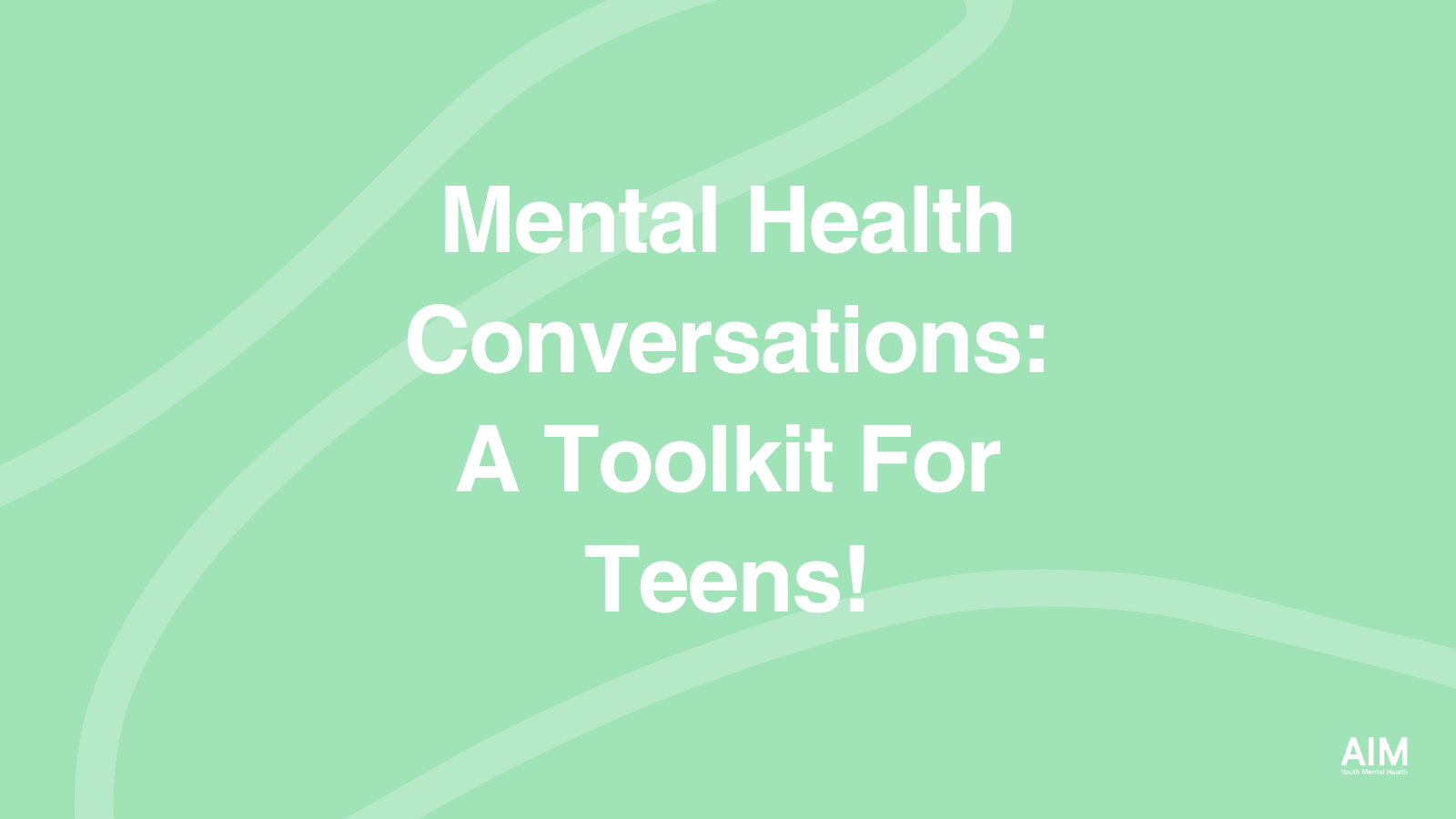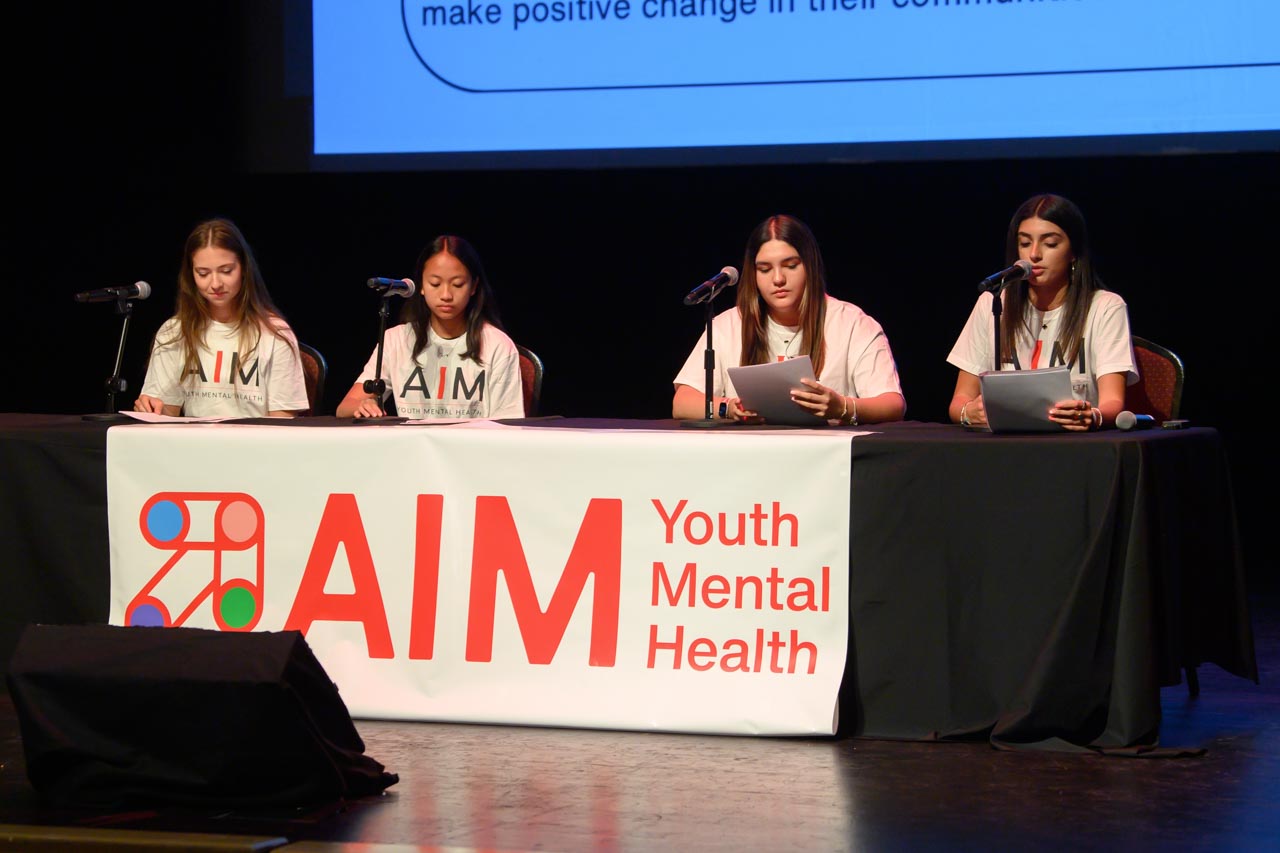Looking from a collective perspective, it’s made apparent that history repeats itself when we dismiss the past. The same is true for the individual, particularly in regard to our self growth. While it’s important to meet ourselves in the present moment, moving forward requires a nod to our past coupled with the foresight for how we want to move in our future. Fortunately, with knowledge (and acknowledgement) of our past, we can actually rewire our programming to improve our future and our wellbeing.
Vienna Pharaon is a licensed marriage and family therapist (and one of New York City’s most sought after relationship therapists) who is teaching us how to move into our bright futures armed with an understanding of our past. In the National Bestseller, The Origins of You, Pharaon has unlocked a healing process to help us understand our Family of Origin—the family and framework we grew up within—and examine what worked (and didn’t) in that system. This book covers how the wounds we all grow up with manifest in our adult lives and behaviors in surprising ways.
The Origin of You explores how our families can build us up and break us down… and ultimately how we can heal ourselves. But, what about when we are creating a new family of origin in real time? What does it look like to examine the way we show up for our kids, particularly when our kids are already struggling with their mental health experience?
We asked Vienna Pharaon to share with us her insights on how identifying our family origin can help us to create a safe, loving, and supportive family of origin with us on the other side of the parent and child coin.
Thanks For Being Here, Vienna! In Your Podcast, You’ve Spoken About A Tendency For Folks To Focus On Other People’s Pain To Distract From Their Own… When It Comes To Parenting Kids With Mental Health Challenges, How Does This Play Out?
When a family is coming in for therapy, kids are often considered the “identified patient”. There is a struggle or a challenge that’s visible to the family (a child is acting out, having behavioral issues, or struggling in some other way). With the focus on the child, it emphasizes that they are essentially the problem. What can we do to help them? How do we fix what’s going on? How do we find a solution for them?
Any family systems therapist’s perspective on this is that it’s a family issue, not an individual issue. But, as you mentioned above, it can be easier to say my child is having a problem instead of looking at what’s happening in the lives of the adults or the family at large. It can be easier to look at the child rather than address the conflict in the marriage, identify the addiction, or explore the maladaptive coping strategies the child is witnessing in their parents.
How Can Parents Break This Pattern To Better Support Themselves And Their Kids?
By being willing to be self and relationally reflective. Instead of focusing solely on the child, if a parent can begin to look at themselves, their relationships, and what’s going on in their life and become curious, it can often open up so much. I am not suggesting that everything that is presenting in a child is directly related to the parent, of course not, but I am suggesting that many of their behaviors and challenges are related and are a coping strategy for what might be happening in the parent’s (or families) life. If we can be gentle, curious, and compassionate with ourselves in order to explore this, we can begin to take a systemic look instead of a linear perspective.
Tell Us A Bit About The Family Of Origin And Why You Chose To Focus On That In Your Work?
Family of origin work asks us to look at the family systems we grew up in and explore the beautiful parts, the challenges, and the painful parts we experienced and observed. Our families are our first education on just about everything. There are other contributions, of course, but we need to look at our family systems to understand the unwanted patterns in our lives today that we can’t shake.
I chose to focus on this work because it was the path forward in both my personal life and my work with my clients. I’ve worked with individuals, couples, and families for over 25,000 of direct therapeutic work, and what I’ve seen time and time again is that the current struggles we face are tied to the irresolution from our past, often in our family of origin.
What Are Some Signs That Examining Our Family System May Behoove Us?
Your reactivity is a neon sign that points you to irresolution from the past. If you blow things out of proportion, find yourself in dysfunctional patterns, notice yourself sabotaging relationships, or giving advice you can’t seem to take yourself, these are all good signs that there’s some irresolution in your life. I think it behooves every human to take a look at their past without getting lost there. Our history holds complexity and stories that still have a grip on us today. If we want to live the life and have the relationships we desire, we need to do this work.
How Can Understanding Our Own Family System Allow Us To Be Better Parents To Children Struggling With Their Mental Health?
When people ask me how they can be better parents, I always tell them to continue resolving the pain from their own past. We will never be perfect as parents. We can’t protect them from everything. We will let them down, disappoint them, and say the wrong thing. Our work as parents is to continue to heal our own pain so it doesn’t continue to be passed down from generation to generation. Our work as parents is to be able to be emotionally mature enough to look at ourselves and take ownership and responsibility when appropriate, and apologize to our children when it calls for it. It’s not about being perfect. It’s about being mature with our imperfections.
Is This Same Four-Step Practice Approachable For Youth? How Can Parents Support Their Children Within This Practice?
To some degree. But I wouldn’t walk a child through an origin healing practice the same way I would an adult. I would work on getting them to connect to the emotion and the experience instead of just surviving their way through it. The steps in my book, The Origins of You, are much more geared to adults. But, the reason adults need to work through origin healing practices is because they survived their way through the pain, the challenges, the trauma instead of having space to feel, to grieve, to witness their pain. So, if we can begin to create space for a child to actually name what their experience is, what it is they’re feeling, where they feel it in their body, and someone actually listens and cares about what they’re saying, then we’re so many steps ahead.
How Can Parents Identify The Family Of Origin They Are Creating In Real Time And Whether Or Not It’s A Supportive System For Their Child’s Mental Health? If They Want To Make A Change, Where To Begin?
One of the questions I’ll ask parents is “in 15, 20, 25 years from now when your child is sitting on their therapist’s couch, how do you think they’ll describe you as a person and as a parent? How will they describe your relationship with them, and with your partner?” This question often stops people in their tracks, and that’s the point. If your answer is something you feel great about, amazing! But if there’s pause there, it’s where you need to give attention. How will your children describe your love? How will they describe how you navigated conflict, hard conversations, and frustrations? How will they describe the way you showed them love? Will they say you prioritized them, made them feel important, worthy of love, made them feel safe? Your willingness to reflect and be with what surfaces will allow you to course correct many times over.
Vienna Pharaon is a licensed marriage and family therapist and one of New York City’s most sought after relationship therapists. She has practiced therapy for over fifteen years and is the founder and owner of the group practice, Mindful Marriage and Family Therapy. She received her Master of Science in Marriage & Family Therapy from Northwestern University, and trained extensively at The Family Institute, Bette D. Harris Center. Pharaon has been featured in The Economist, Netflix, Vice, and Motherly, and has led workshops for Peloton and Netflix, amongst others. Her book The Origins of You is a National Bestseller, and she is the host of the new podcast This Keeps Happening.
Learn more at ViennaPharaon.com or by following @mindfulmft on Instagram.
____________________________________
About the Author
Meadowlark Monaghan (she/hers) is a consultant using her knowledge gained as a mental health professional to act as a liaison between brands, creators, + online communities with the field of psychology and mental health. She also co-hosts the personal development podcast, Thoughts May Vary. Her work has been seen with Madhappy, Local Optimist, The Mayfair Group, Lonely Ghost, AIM Youth Mental Health, NAMI San Diego and more.





